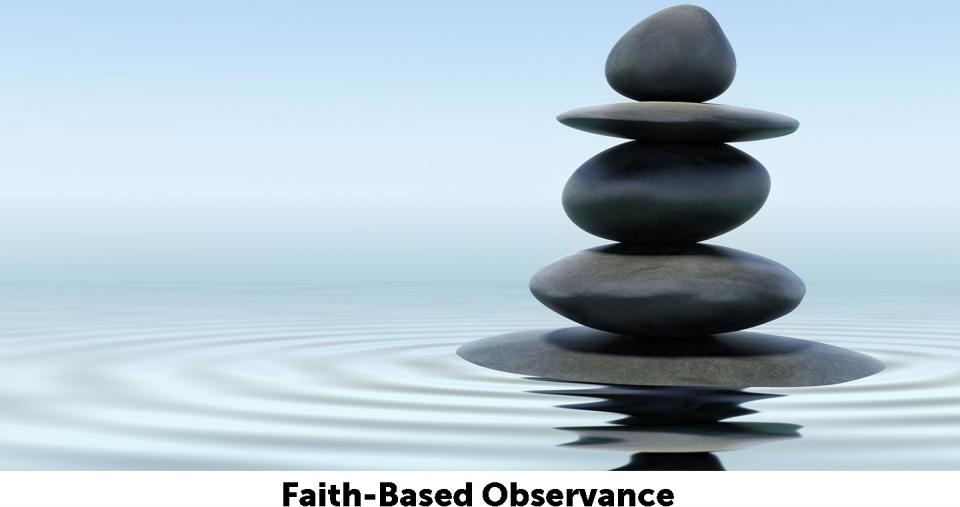Ramadan is considered one of the holiest months of the year.
Ramadan is a time of fasting, worship, and charity, fostering spiritual reflection and resilience. The exact start and end dates may vary slightly based on Islamic traditions and moon sightings.
Community: Islam
Common Practices:
- Fasting pre-dawn to sunset.
- Breaking fast in the evening (Iftar).
- Going to the Mosque for night of prayer and community dinners.
The Significance of Ramadan
Ramadan commemorates the month when the Prophet Mohammed received the first revelations of the Holy Quran, the central religious text of Islam. It is a period of deep spiritual reflection, study of the Quran, and generosity, particularly toward those in need. Fasting during Ramadan is one of the Five Pillars of Islam, alongside:
- Confession of Faith (Shahada)
- Five Daily Prayers (Salah)
- Zakah (Charitable Giving)
- Hajj (Pilgrimage to Mecca)
How Fasting Works
Fasting during Ramadan involves abstaining from all food and drink, including water and chewing gum. Muslims fast from dawn until sunset, refraining from all food and beverages—including water and chewing gum. The fast begins with a pre-dawn meal
(Suhoor) and ends with an evening meal (Iftar), often shared with family and friends at home or in mosques.
Eid-ul-Fitr: The Celebration After Ramadan
After Ramadan, Muslims celebrate a three-day holiday known as Eid-ul-Fitr. On this day, Muslims pray together in the morning, give to charity, visit family and friends, and celebrate with food, gifts, and activities for children.

